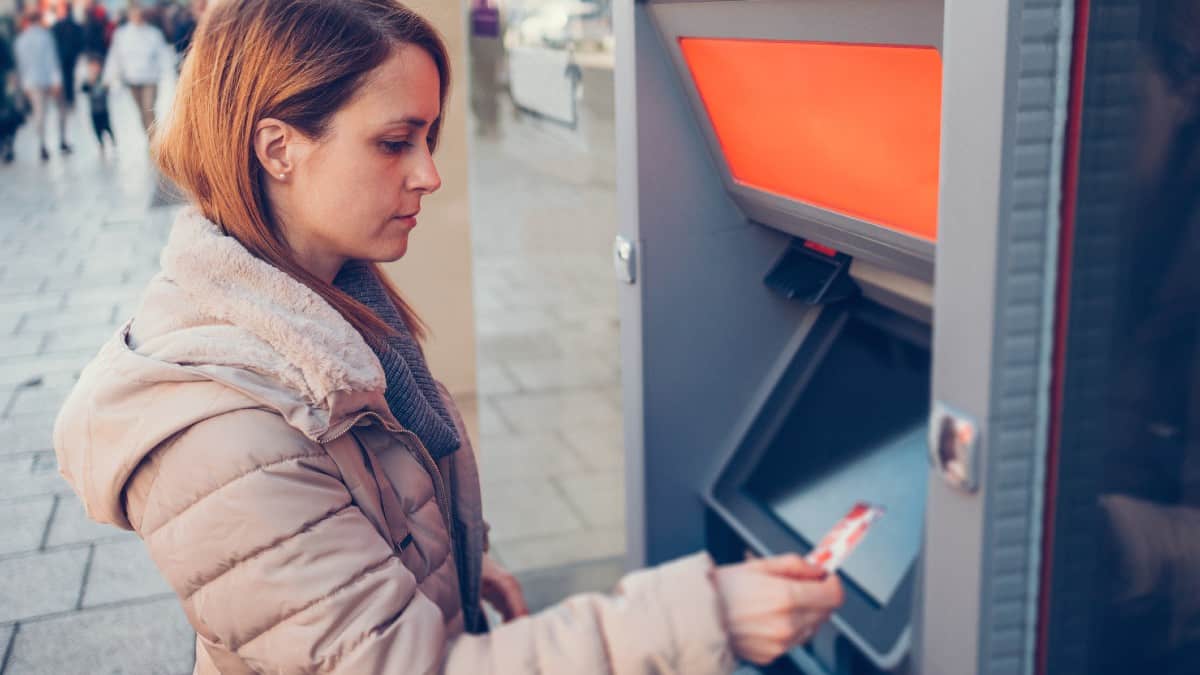Everybody needs some cash in the bank but I reckon investing in FTSE 100 shares is the best way of building a nest egg for my retirement. Despite today’s higher interest rates, I think the stock market will make my money work harder than a savings account in the longer run.
It’s great that savers can now get almost 5% on easy access and 6% on a two-year fixed rate savings bond. They’ve waited long enough. And that money’s is safe too. Yet there are downsides. First, the moment base rates peak and start falling, easy access savings rates will slide. While the interest on a fixed-rate savings account will hold, it won’t last forever. At some point it will mature and by then, interest rates may be much lower than they are today.
Cash only gets me so far
Investing in shares brings added risk, but also higher potential rewards. While cash only earns interest, equities can generate both dividend income and capital growth.
Today looks like a brilliant time to buy FTSE 100 shares, because the recent stock market dip has left a heap of stocks trading at dirt cheap valuations. A quick glance shows 18 stocks yielding more than 6%, while some yield as much as 8%, 9% or even 10%.
In contrast to savings interest, dividends aren’t guaranteed. If profits and cash flows fall, they can be cut. On the other hand, they should increase over time, as company profits grow. By investing in a spread of FTSE 100 stocks, I can swing the balance of risk in my favour.
Thanks to recent stock market volatility, FTSE 100 shares look really cheap right now. Many high-quality blue-chips now trade at less than 10 times earnings, where a figure of 15 usually represents fair value.
Companies making solid profits have been hit by today’s downbeat sentiment, but should swing back into favour when the outlook brightens. I’d rather buy before that happens, while they’re still cheap, rather than afterwards, when I’ll pay a premium price.
Picking stocks is more complicated than selecting a savings account. Investors need to work out which companies are likely to do well in future, rather than today. Even the best of us make mistakes.
Dividends will fund my retirement
Before buying a stock, I’d check recent results to see if profits and earnings are heading in the right direction. I’d look at how well the dividend is covered by earnings, whether the firm’s net debt is affordable, or if it has costly pension liabilities.
It takes a bit of interest and commitment. Some prefer the easy option of buying a FTSE 100 tracker, which I’ve done myself with some success. The index has delivered a return of 6.89% a year over the last 20 years, but I’d hoped to lift that to 10% or 12% by picking my own stocks.
The benefits of investing in shares become apparent over the years, as markets rise and dividends compound and grow. I’d expect the total return to easily outstrip cash. And there’s one final advantage. When I retire, I can draw my dividends as income, and leave my capital invested to grow.
FTSE 100 shares feel like a much better opportunity for me than cash in the longer run. Especially at today’s bargain prices.








